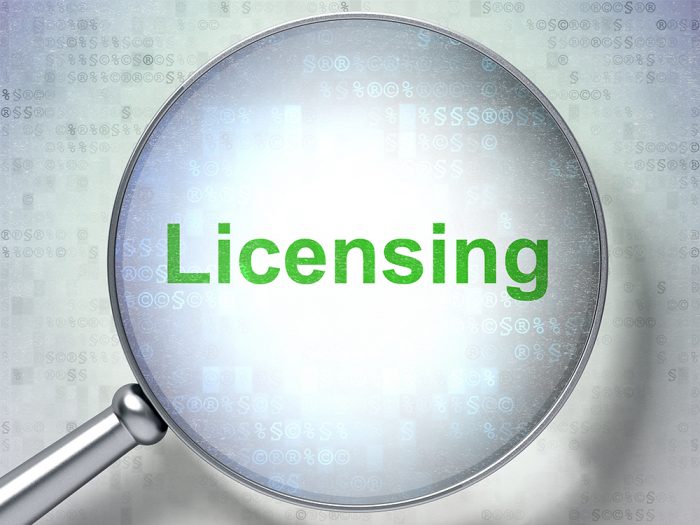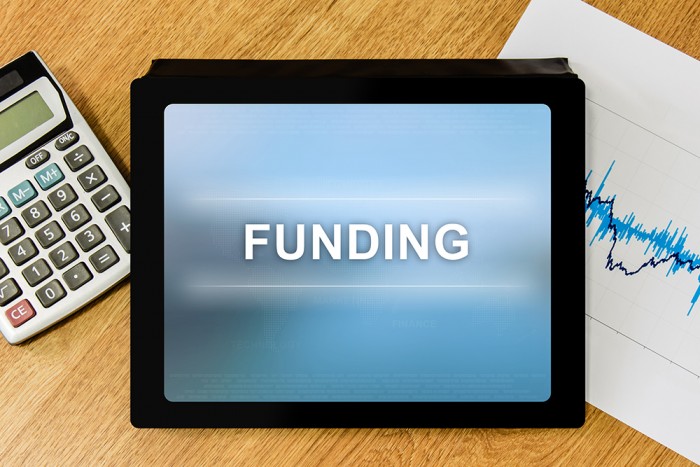By Jason Snyder, Director, SUD Treatment Services, BH Division
If they haven’t already, very few people seeking addiction treatment will ever experience it as Tom Coderre did.
Coderre is principal deputy assistant secretary for the Substance Abuse and Mental Health Services Administration (SAMHSA). Last week, in kicking off its inaugural Substance Use Disorder Treatment Month, SAMHSA published a blog in which Coderre’s treatment story was retold.
“I started treatment at the end of May 2003, after an arrest for possession of a controlled substance, when a compassionate judge strongly suggested it,” the former Rhode Island state senator said. “The treatment program offered flexible lengths of stay, determined on an individual basis … For me, that treatment episode lasted five and a half months and I then transitioned into a recovery house.”
You read that correctly. Five-and-a-half months. Not five-and-a-half-months in the continuum of residential to halfway house to partial hospitalization to intensive outpatient to outpatient, but five-and-a-half months in an intensive residential treatment center before transitioning to a recovery house. And keep in mind, Coderre’s treatment was funded by a federal block grant, not out of pocket or through commercial insurance.
Coderre’s story truly is remarkable. He gave a great interview to William White in 2016 that details his story and demonstrates the power of treatment and recovery. But to hold up this treatment experience in a blog that kicks off national SUD Treatment Month is to suggest, in my read, that this is what addiction treatment could look like today. And, barring some very specific and unique cases, that is simply not true, and certainly not in Pennsylvania.
Imagine a person with the disease of addiction desperately in need of treatment who is assessed as: being unable to control impulses; having marked difficulty with or opposition to treatment, with dangerous consequences; having no recognition of the skills needed to prevent continued use, with imminently dangerous consequences; and lacking skills to cope outside of a highly structured 24-hour setting.
That is essentially the definition of someone needing ASAM Level 3.5, which is defined as clinically managed, high-intensity residential treatment.
Anecdotal information tells us the average length of stay in Pennsylvania at Level 3.5, including withdrawal management (which we used to call detox), is about 28 days. Lower intensity treatment, such as that provided at Level 3.1 (i.e., halfway houses), can garner as much as a five-month stay, at about $100 less per day in Medicaid reimbursement than Level 3.5.
Much has changed about the way we treat addiction since Coderre’s treatment experience nearly 22 years ago. And we would expect the field to change and evolve, just as we would hope cancer is not being treated today the same way it was 25 years ago.
Many will argue that there is not enough evidence to support such a time- and cost-intensive treatment approach as longer-term, high-intensity residential treatment. Many will argue, too, that outcomes are just as effective with medication or intensive outpatient. Just as many will argue the other side of the coin, that 14- and 21- and 28-day lengths of stay are not enough time to stabilize and begin the hard work necessary to rehabilitate (and often times habilitate) someone whose “addiction is currently so out of control that they need a 24-hour supportive treatment environment … ” (ASAM Third Edition, 2003).
What isn’t up for debate is the sea change taking place in addiction treatment today.
It’s difficult to find a current definition or purpose of addiction treatment today, even from SAMHSA or the National Institute on Drug Abuse (NIDA). But Nora Volkow, director of NIDA, wrote in 2022 that, “The magnitude of this [drug overdose death] crisis demands out-of-the-box thinking and willingness to jettison old, unhelpful, and unsupported assumptions about what treatment and recovery need to look like. Among them is the traditional view that abstinence is the sole aim and only valid outcome of addiction treatment.”
Only 10 years prior, NIDA wrote in its Principles of Drug Addiction Treatment that, “In addition to stopping drug abuse, the goal of treatment is to return people to productive functioning in the family, workplace, and community.”
And SAMHSA’s Center for Substance Abuse Treatment, 20 years ago, was even clearer on the purpose of treatment: “Treatment for substance use disorders is designed to help people stop alcohol or drug use and remain sober and drug free. Recovery is a lifelong process.”
From stopping alcohol or drug use and remaining sober and drug free, to stopping drug abuse, to jettisoning old, unhelpful assumptions that the sole aim and only valid outcome of addiction treatment is abstinence – that is a sea change.
Today, treatment for addiction is not about abstinence, at least to federal and state government regulators and payers. Consider SAMHSA’s definition of recovery: “a process of change through which individuals improve their health and wellness; live a self-directed life; and strive to reach their full potential.” Millions of people subscribe to that definition, which does not include abstinence.
Additionally, to me, it also seems clear that what has historically been the cornerstone of the addiction treatment system – in Pennsylvania, all of the Department of Drug and Alcohol Program (DDAP)-licensed providers comprising all of the ASAM levels of care – is no longer viewed in the same way.
Physical health providers that treat with medicine and do not have a DDAP license are becoming central to treating addiction. To wit, DDAP recently issued a funding opportunity for “Integrated Health Solutions between Behavioral Health Care and Primary Physical Health Care.” DDAP-licensed providers cannot apply for the funding. Other recent funding opportunities, for harm reduction and recovery support, for example, also are not open to licensed treatment providers.
Harm reduction, recovery support, and crisis and drop-in centers are all being recognized as viable components of an evolving system. And certainly they are less costly than long-term treatment. The question is, “How effective are they compared to traditional forms of treatment?” Depends who you ask.
Call it a no-wrong-door approach, meeting people where they’re at, removing siloes, integration or coordination, but addiction treatment “proper” is no longer the center of addiction treatment.
I am not arguing that this expansion and evolution is wrong or misdirected. I would ask a few questions, though. How will “traditional” treatment providers react and evolve in response? And how adequately are regulators and payers supporting them in any transitions they expect to see? Do providers even feel they need to evolve away from their core mission? It would be interesting to get Coderre’s thoughts about this, as well as how he thinks he or someone with addiction as severe as his would fare in today’s treatment environment.
Tom, if you’re reading, we would be grateful for an opportunity to talk.
Back to Main Blog Page

















